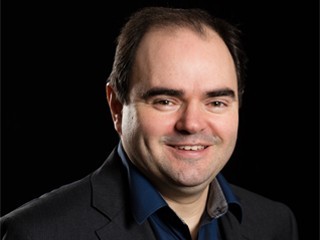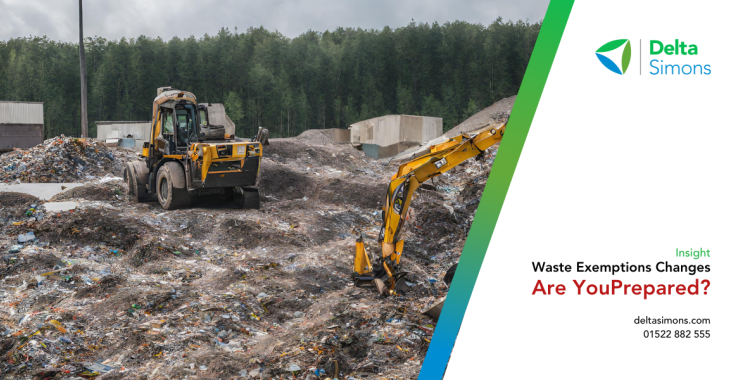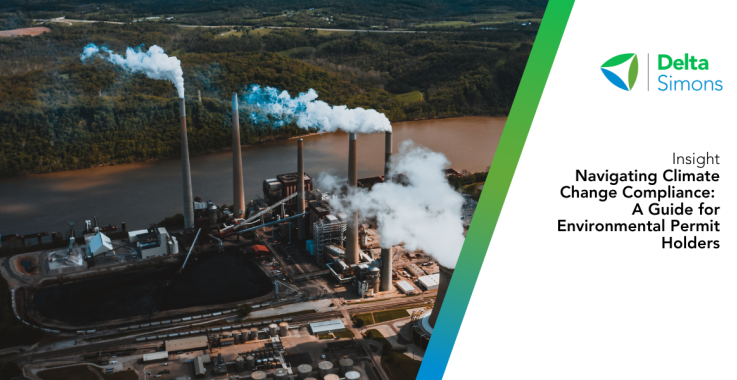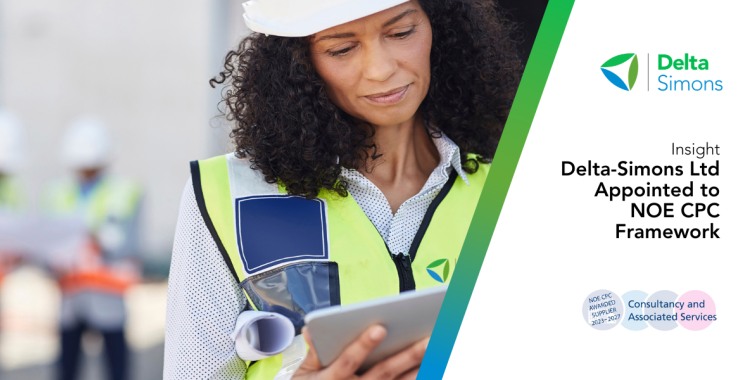Insider insight: Working to clean up the UK’s brownfield legacy
19 Mar 2018
Contaminated Land

ENDS Interview: Transforming contaminated land requires technical and design skills, but building strong client relationships and fostering development in colleagues will help a business grow, says Richard Lawless, unit director for the north region at Delta-Simons.
What does your current role involve?
I look after our northern regional team, which comprises three groups in Manchester, Leeds and Durham. This was a new venture in 2015, so the role has involved growing the business progressively via a combination of business development, recruitment, training and supporting on projects.
Can you describe an average day at work?
Lots of time spent supporting my team, whether reviewing technical work or proposals, dealing with clients’ challenges and troubleshooting when issues inevitably arise. I’m frequently to be found on the crowded TransPennine Express trains travelling between offices, laptop open.
How did you land your current job?
The contaminated land industry in the UK is fairly tight-knit and you end up knowing most individuals in your area over time. This opportunity arose when a former colleague offered me a new challenge, at a time my previous employer was going through a series of mergers and changing its culture. It always pays to keep on good terms with your industry peers, as you never know when opportunities may arise.
What are the key skills needed for your role?
The primary skill needed in my specialism – contaminated land assessment – is technical proficiency. This enables me to talk effectively to our clients, to oversee our technical output and make sure we stay at the forefront of our industry. Beyond this, there are many other skills that have to be developed, especially time management and prioritising tasks carefully. Mentoring colleagues is vital and also the most rewarding aspect of the job.
What qualifications have been most beneficial?
My MSc in urban geoscience from Manchester University. It introduced us to tight deadlines and every piece of work included a 15-minute morning presentation to be done without notes and to a video so you could watch the horror show back. It stopped me from saying ‘erm’ at the end of every sentence.
What is the most difficult piece of work you’ve had to undertake?
Investigation and environmental risk assessment of opencast copper mine tailings in Armenia for a client who needed regular reminders as to the importance of the work and potential risks to a major river system if not addressed properly. The tasks of obtaining a sufficient budget to complete the work and then have the recommendations implemented were probably greater than the technical assessment itself.
What inspires you?
Every site is new and may hold unique challenges. Seeing completed developments is always good motivation; the client’s vision and investment allied with a good team of designers often leads to great transformations of formerly neglected land. Intelligent and enthusiastic graduates with new ideas and drive always keep me on my toes.
What is your proudest achievement as an environmental professional?
I designed and oversaw the remediation of Chester Gasworks, which is now a successful mixed-use development and stables complex for the adjacent racecourse. Before the remediation was implemented, a highly visible section of the river Dee gained an iridescent oil sheen at every falling tide due to release of hydrocarbons from the site.
What are the salary prospects in your sector?
Starting salaries may disappoint compared to some other professions, but will steadily improve as you progress. The career offers a good balance with reasonable pay, varied workload and environment and the sense that the career really contributes to society by dealing with our brownfield legacy.
What is your favourite piece of legislation and why?
Probably the landfill tax regime; it has had a demonstrable impact in driving remediation technologies and, indeed, the whole remediation contracting business. However, more could be done to simplify sustainable reuse of materials on site or to enable easier transfer of materials between sites to avoid unnecessary and legalistic classification as waste.
What stages of your career have been the most challenging?
The first six months is always the most challenging; learning to manage a range of tasks, all of the technical challenges, finding sites, field work in the freezing cold. Things get a lot easier once the first winter is over. Subsequently the first steps in project management are a challenge – learning the arts of time and financial management, dealing with clients and other professions – none of which is part of your education or training.
 To see online interview visit ENDS website. ENDS provides environmental and sustainability intelligence to professionals in business, consultancy, government and public bodies.
To see online interview visit ENDS website. ENDS provides environmental and sustainability intelligence to professionals in business, consultancy, government and public bodies.
Related article: Managing Director talks to Property Week about work wellness



